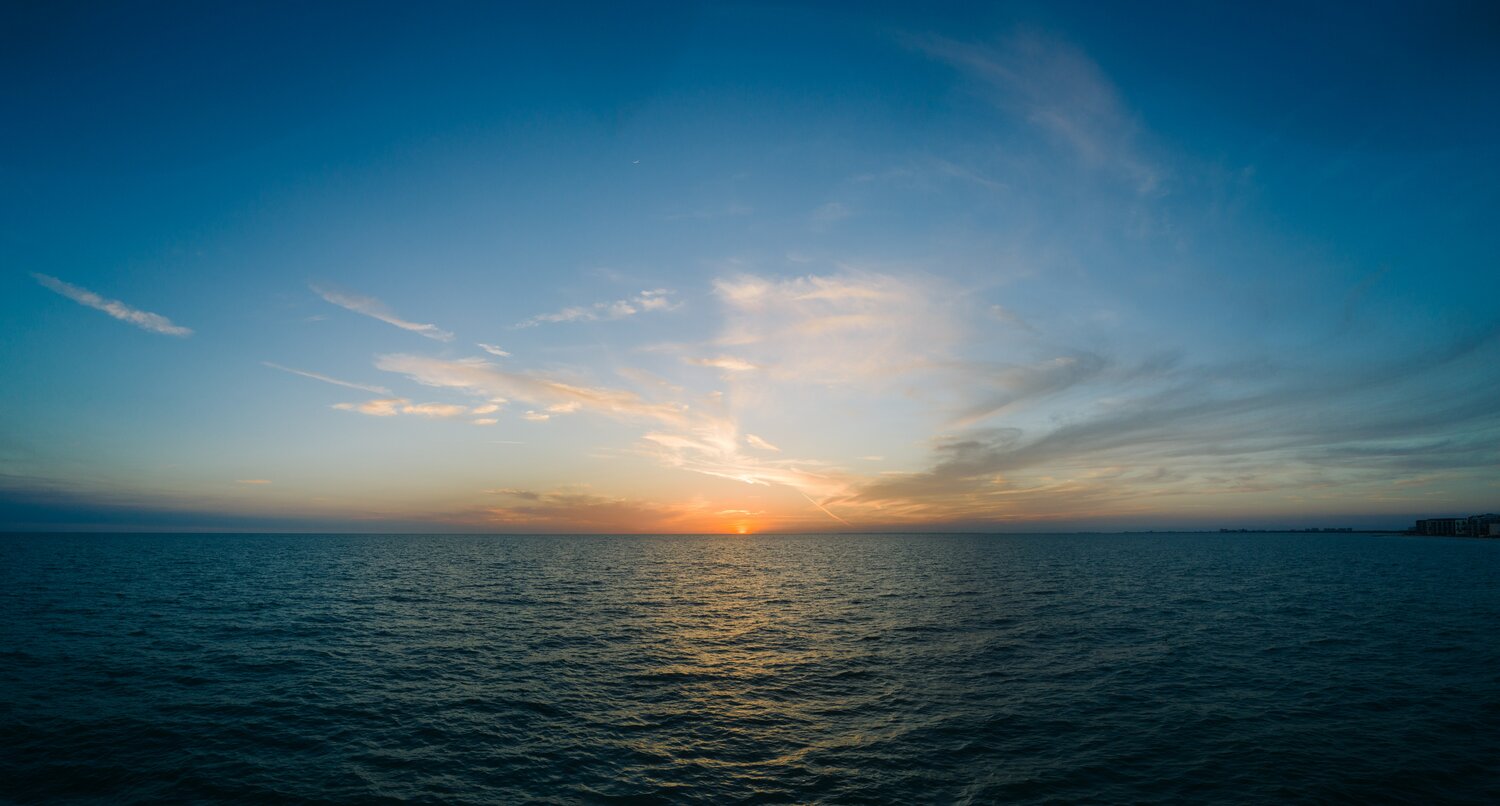Our new NorthStandard site is now live. There will be no new content or updates added to this site. For the latest information, please visit our new site north-standard.com.
Decarbonisation developments and challenges: The barriers
With regulatory changes looming as soon as 2023, and the longer-term challenges set by the IMO’s 2030 and 2050 deadlines, our 2022 Alternative Fuels member survey reveals the current state of play as shipowners continue their decarbonisation efforts.
In our second of six blog posts highlighting the survey’s main talking points, we focus on the main barriers facing members as they transition away from carbon-based fuels and explore their current thoughts on meeting the IMO requirements.

IMO 2030 and IMO 2050
The initial IMO strategy sets out a reduction of at least 40% of the shipping industry’s CO2 emissions by 2030, 70% by 2050 and the total phasing out by the end of the century. IMO-2050 also targets a reduction in total annual GHG emissions by at least 50% by 2050 with the ultimate goal of phasing them out completely.
However, with a strategy review expected in 2023 and the possibility of the shipping community being asked to aim for net zero by 2050, shipowners may have to act even faster than they initially thought.
For more information on the latest regulations and amendments to MARPOL VI, see our ‘Looking to 2023’ blog.

The need for collaboration
Typically, the shipping industry has been fragmented, with stakeholders working separately. But equally, its reputation for innovation and finding solutions to problems is well-deserved. However, to overcome the most significant challenge maritime has arguably ever faced in decarbonisation, everyone will need to work together, and be willing to share both information and insight.
It’s a concern, then, that even without the potential introduction of a net zero goal, there currently appears to be a lack of confidence in the industry’s ability to collectively meet the IMO’s goals.

Our 2022 Alternative Fuels survey revealed that only a minority of our respondents felt “confident” that the shipping industry would be ready to be net-zero by 2050. However, these findings don’t reflect the industry’s readiness and willingness to adapt. It’s well-known that all stakeholders are working hard to explore and develop solutions to meet what one member called “a very ambitious goal”. Instead, concerns around compliance depended on a number of current unknowns. Chief among these was the cost and availability of new fuels, followed by additional cost of compliance with regulations, safety aspects relating to new fuels, development of bunkering infrastructure, and crew training.

Overcoming decarbonisation barriers
The transition to decarbonisation compliance leaves shipowners and operators with an immense task. Potential operational and technical efficiencies include voyage optimisation, slow steaming, technological advances in ship design, retrofitting energy power limitation devices or propulsion improvement devices, and the use of alternative fuels with a lower carbon footprint.
Some options will need more extensive changes to a ship and more investment, plus greater crew knowledge and training. As some of the older vessels may not be operationally efficient, these measures may lead to a regulatory-driven acceleration in demolition; while shipowners planning to order newbuilds will need to consider both mid and long-term targets.

The ability to adopt certain options was also cause for concern among members. In our Alternative Fuels survey, the biggest barrier to decarbonisation by far was the capital expenditure (capex) of building greener ships. Members also saw premature research and development, and/or technology readiness as some of the biggest challenges, along with a lack of shore infrastructure.
Other concerns related to meeting the decarbonisation goals included the potential inability of energy producers and fuel suppliers to deliver appropriate fuel options, and the sheer cost of complying with the regulations. Regulatory uncertainty and the lack of a uniform framework are also a concern, as is the possibility that charterers may not invest in greener cargo transportation.
Club’s recommendations
The route to decarbonisation clearly has several barriers that will need to be overcome, many of which are still hazy. We lead the way in supporting our members – and shipowners across the globe – in making a safe, sustainable, and successful transition to greener energy.
Visit our dedicated Alternative Fuels webpage for a wealth of alternative fuels information, including greener fuels, articles and industry expertise, advice and support tools such as videos, podcasts, events and webinars, plus much more, including contacts with expertise and experience in the alternative fuels arena.
Category: Alternative Fuels
